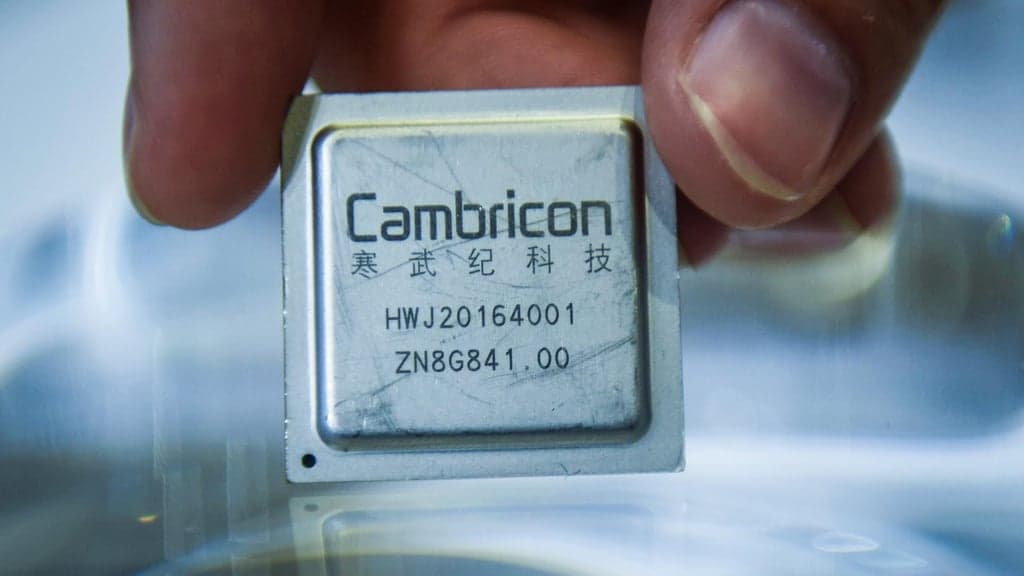Cambricon Reports 43-Fold Revenue Surge to RMB 2.88 Billion in First Half of 2025, Reaching Profitability

Beijing, China – Cambricon Technologies, a leading Chinese artificial intelligence (AI) chipmaker, has announced a significant financial turnaround, reporting a record revenue surge and a return to profitability for the first half of 2025. The company's revenue soared to 2.88 billion yuan (approximately US$403.8 million), marking a 43-fold year-on-year increase. This represents a record high for the company since its public listing in 2020.
The financial report, filed with the Shanghai Stock Exchange, revealed a net profit of 1.04 billion yuan (US$144 million), a stark reversal from a net loss of 533 million yuan in the same period last year. This strong performance underscores the growing demand for domestic AI computing solutions in China, particularly amidst the country's push for technological self-reliance. As stated in a social media post by Ray Wang, "Net profit reached 1.038 billion RMB, compared with a net loss of RMB 530 million in the same period last year, marking a clear turnaround to profitability."
Cambricon, often referred to as China's "little Nvidia," attributed its revenue growth to "continued market expansion and active support for the implementation of AI applications." The company, founded in 2016 by brothers Chen Yunji and Chen Tianshi, designs AI chips for cloud servers, edge devices, and data centers. Its shares have seen a significant rally, with a nearly tenfold increase over the past two years, reflecting investor confidence in China's homegrown chip industry.
The surge in demand is partly fueled by the emergence of domestic AI models like DeepSeek, which recently announced its V3.1 model was trained using a new data format "suitable for home-grown chips soon to be released." This development has intensified speculation that Cambricon's chips are playing a crucial role in China's AI hardware advancements. Goldman Sachs has reportedly raised Cambricon's target price by 50% due to rising capital expenditure among Chinese cloud server platforms and the nation's chip-localization efforts.
The company's success also highlights the impact of geopolitical factors, as US export restrictions have spurred China's drive for semiconductor independence. With Nvidia's advanced chips facing limitations in the Chinese market, domestic alternatives like Cambricon have seen increased adoption. Cambricon is reportedly developing its Siyuan 690 processor, aiming to rival Nvidia's H100, and plans to raise up to 4.98 billion yuan through a private placement to fund large language model chip development.